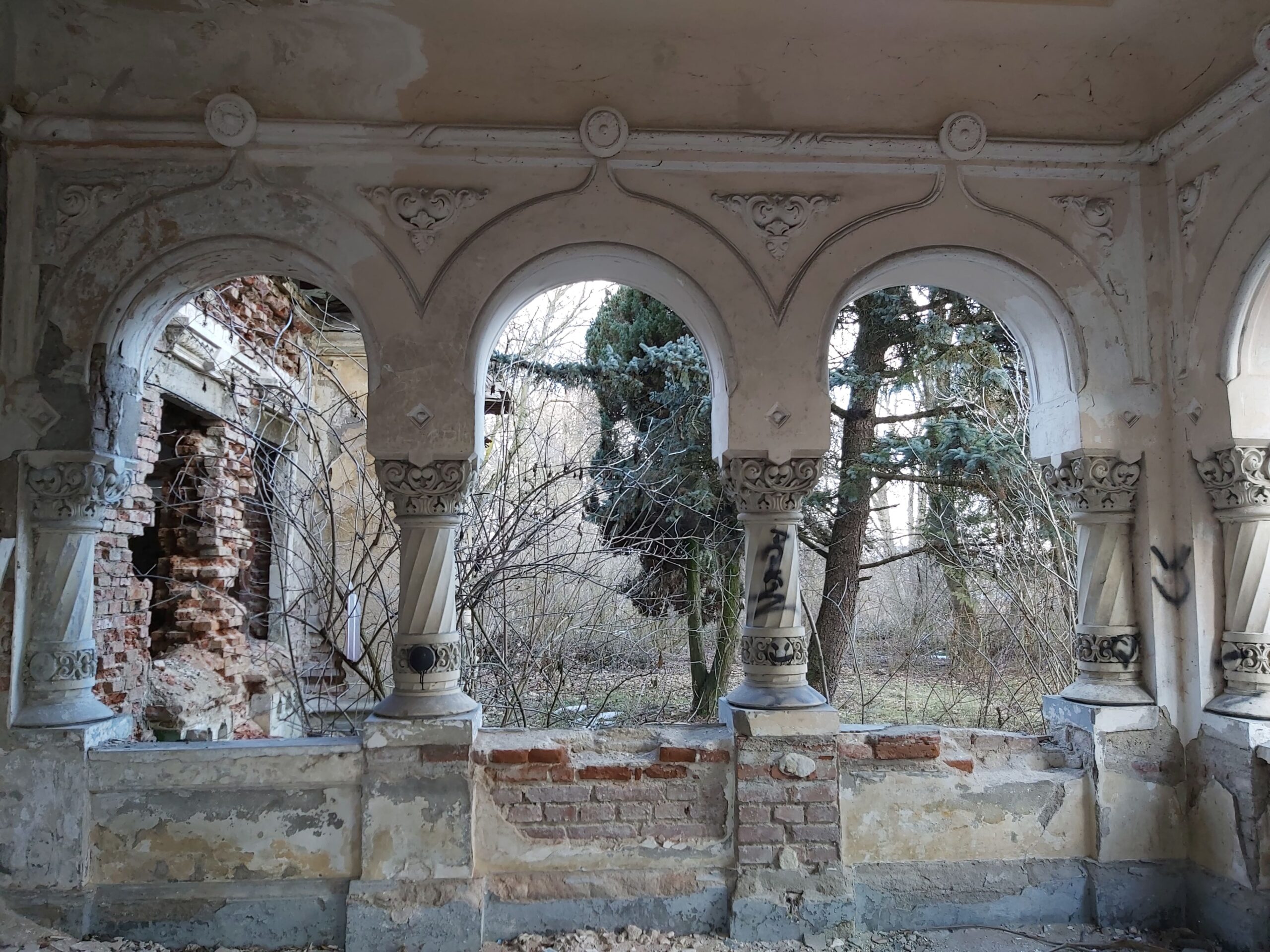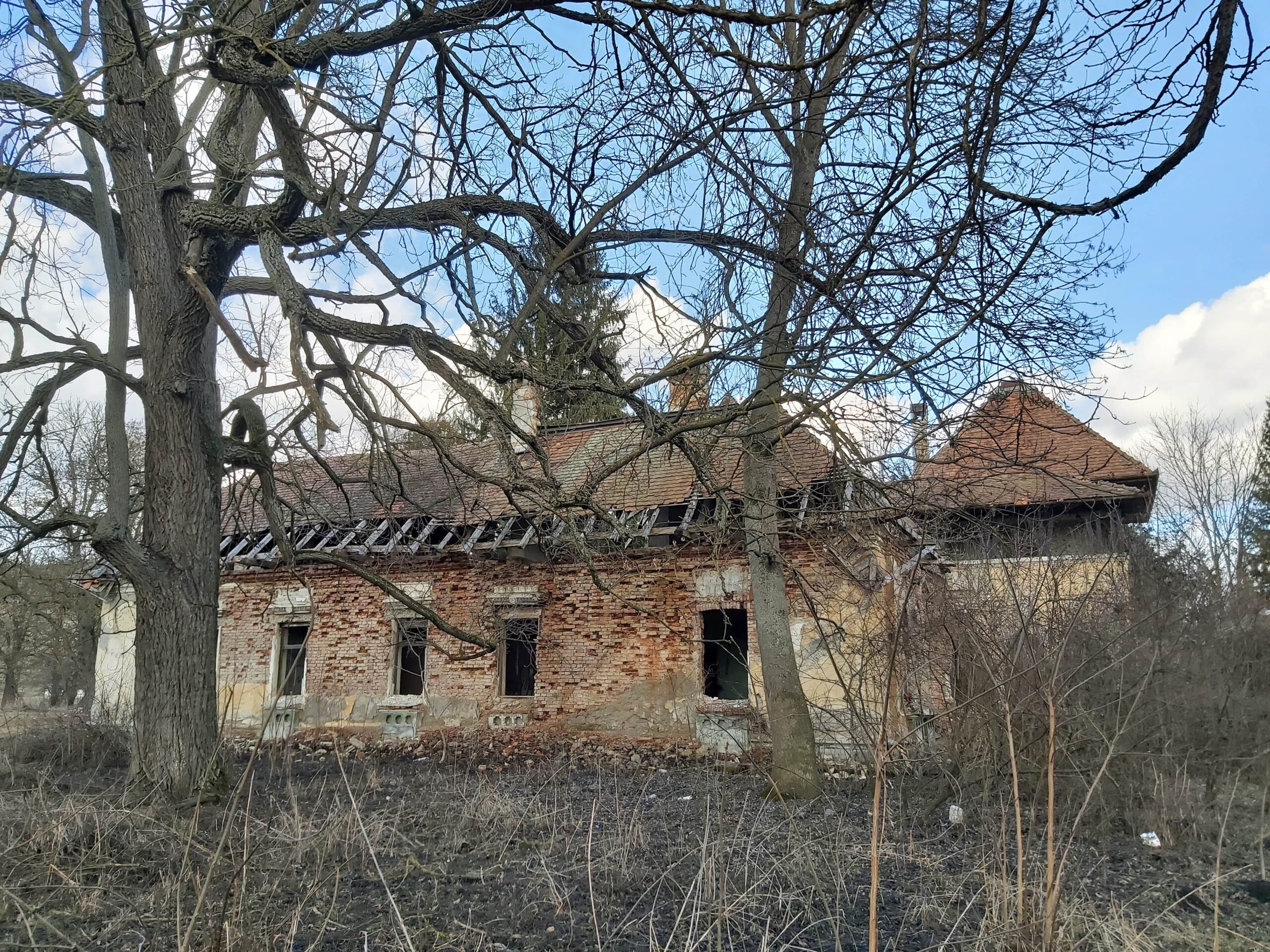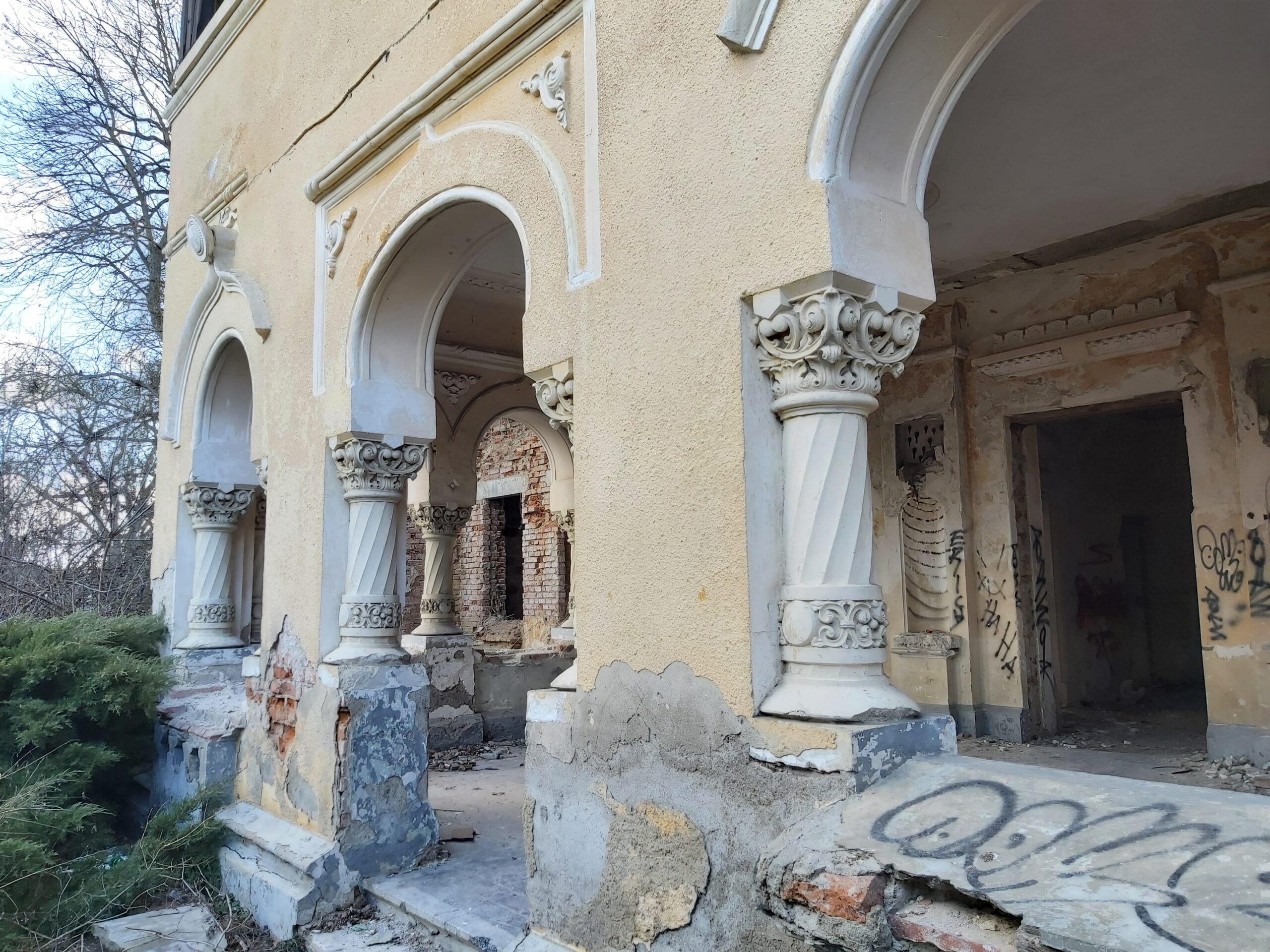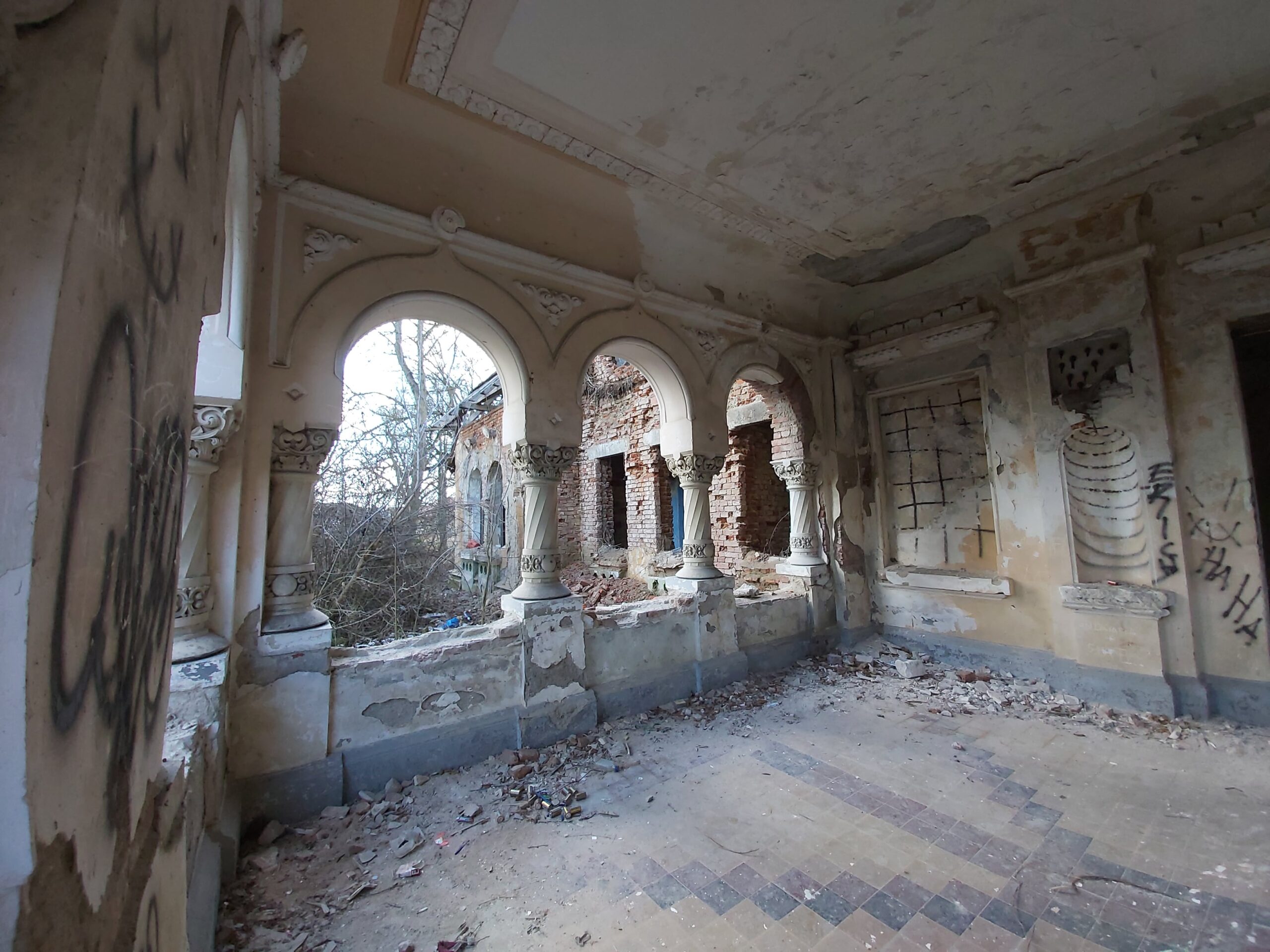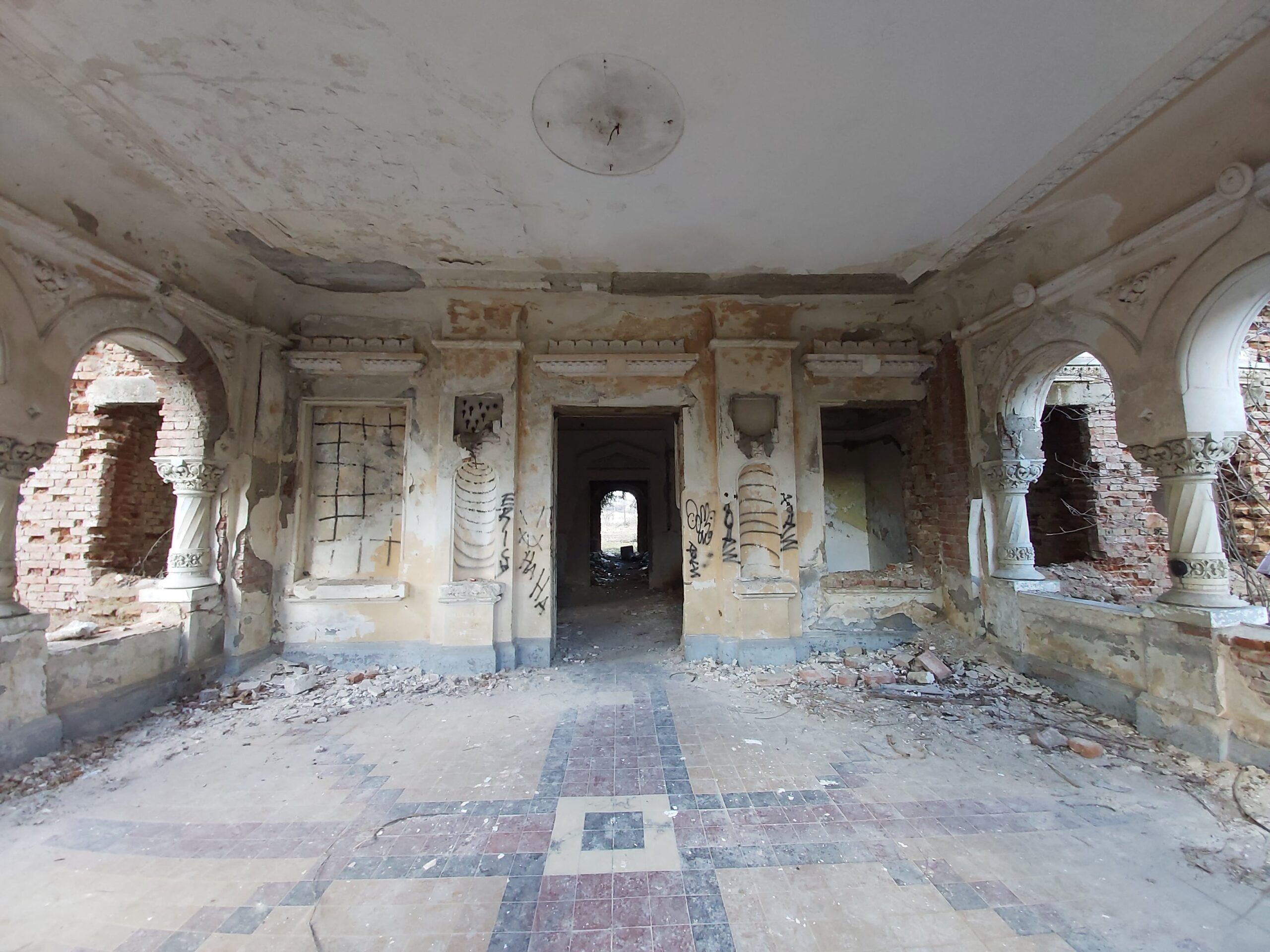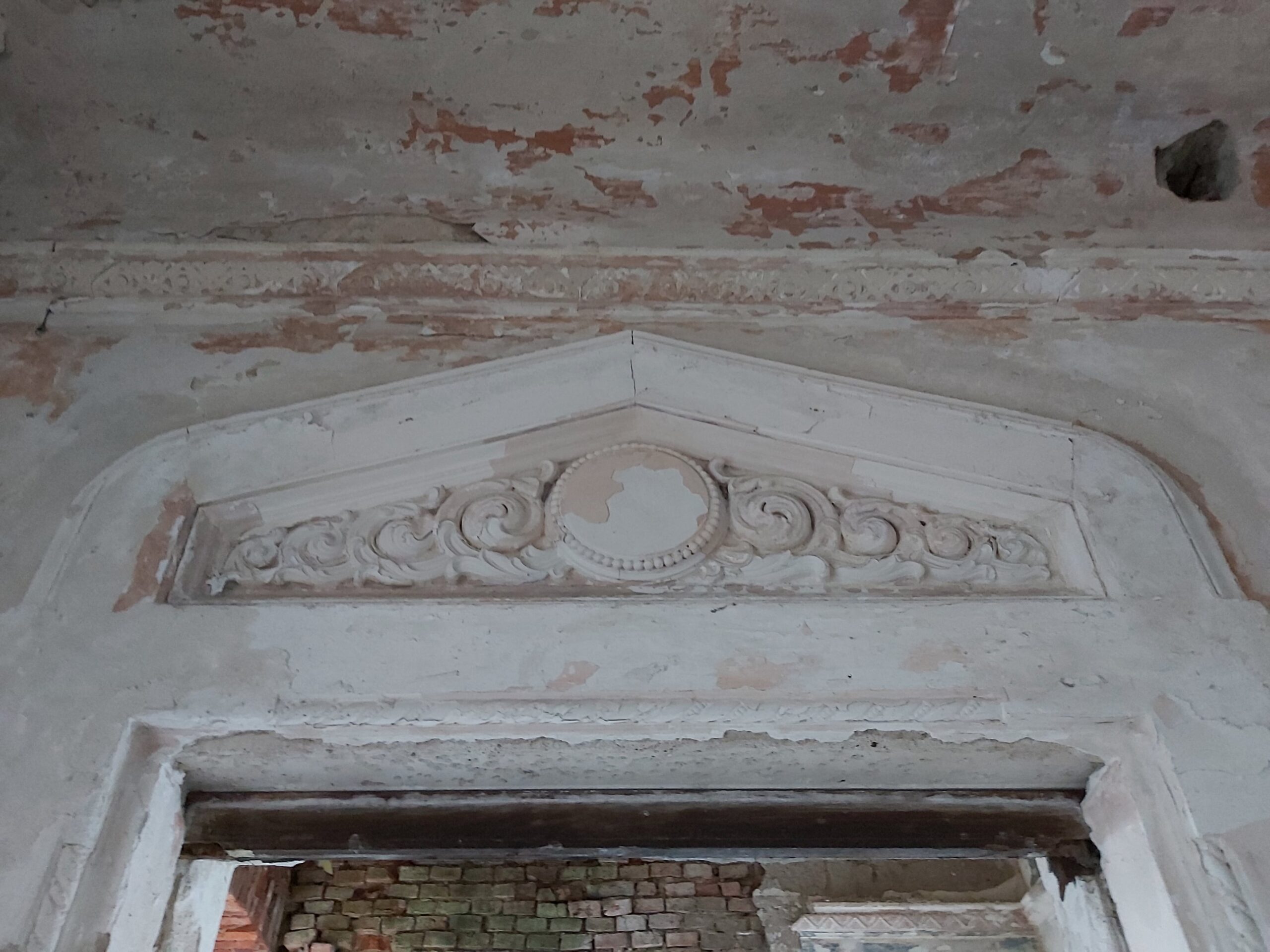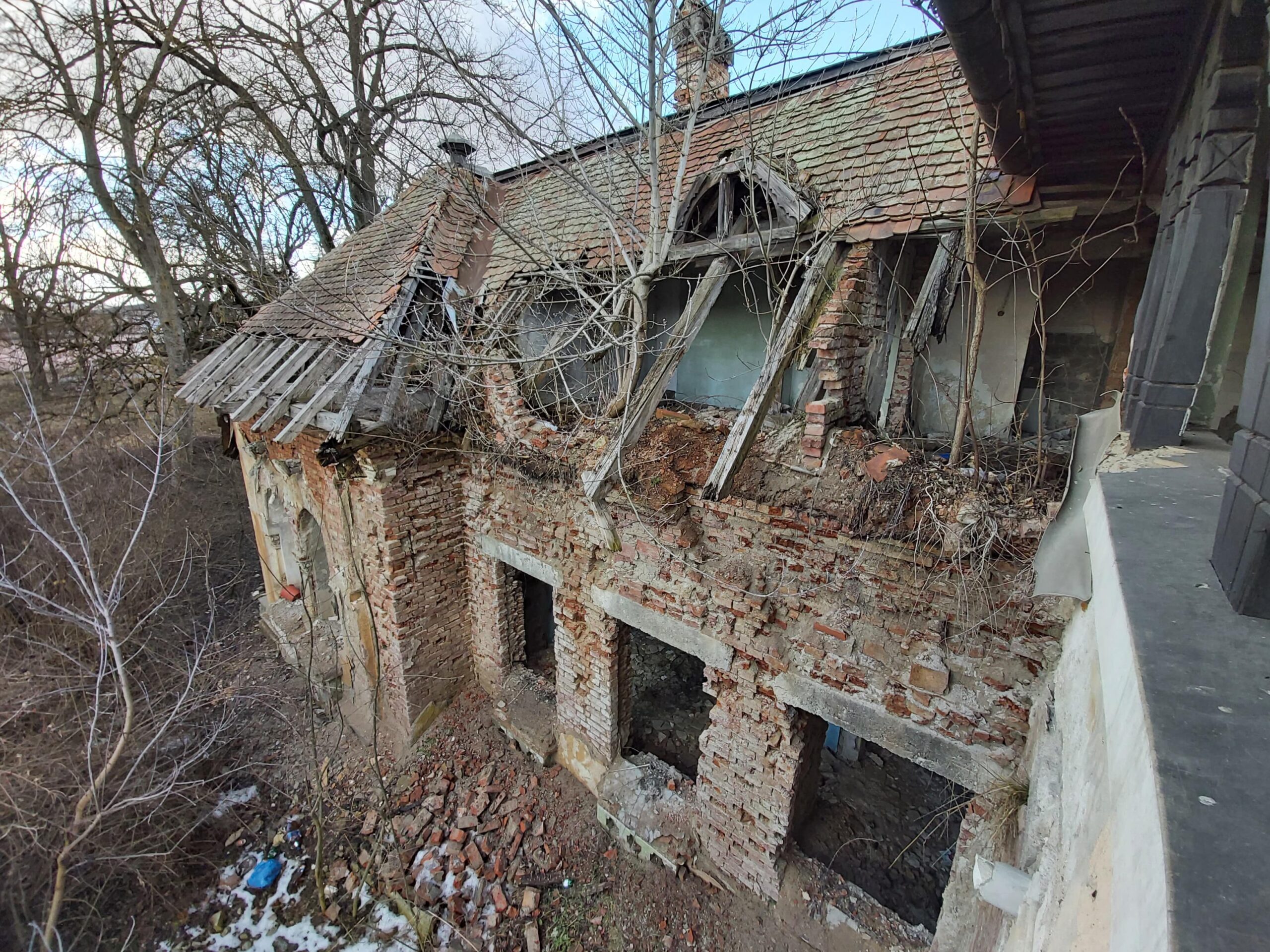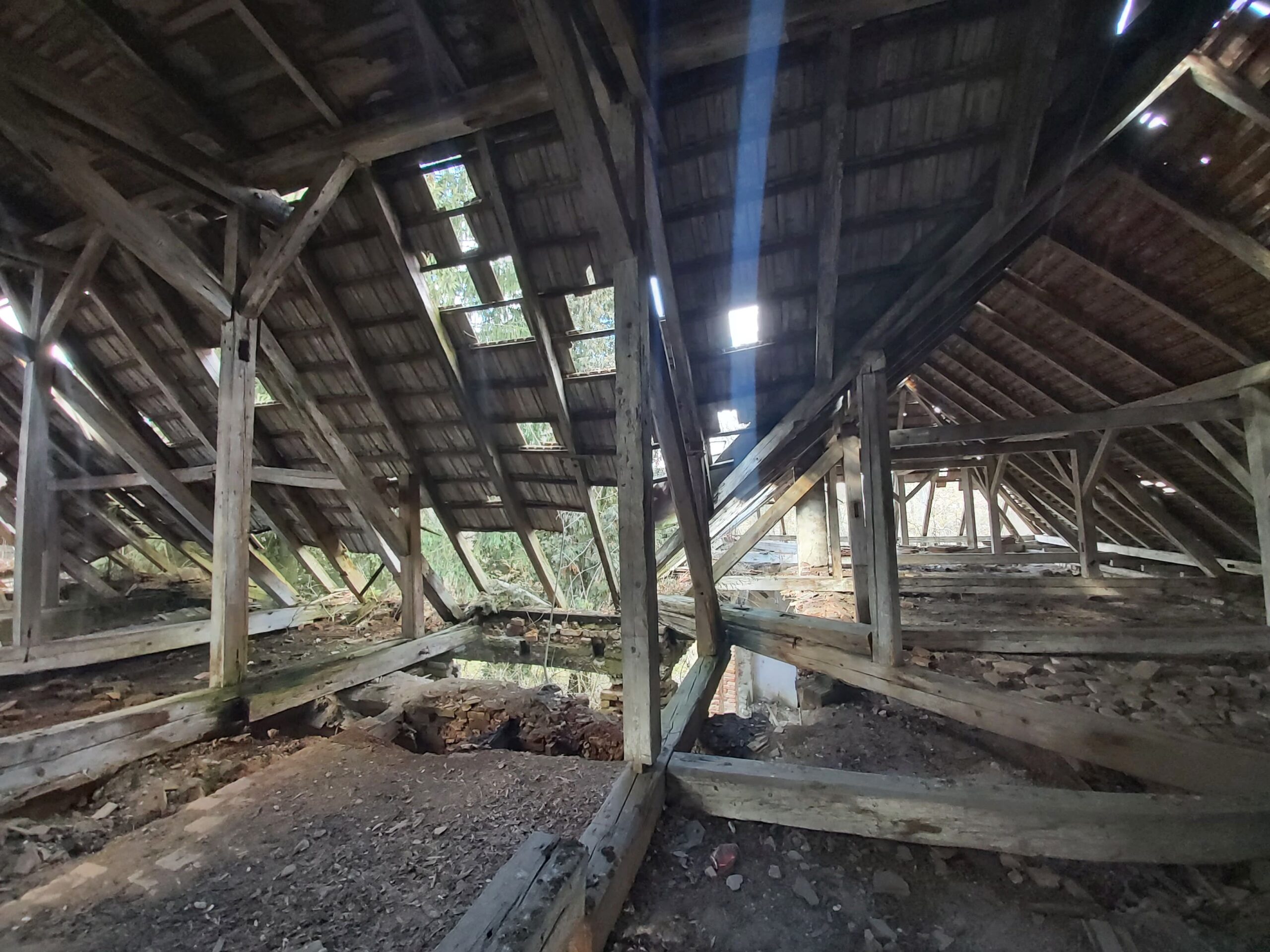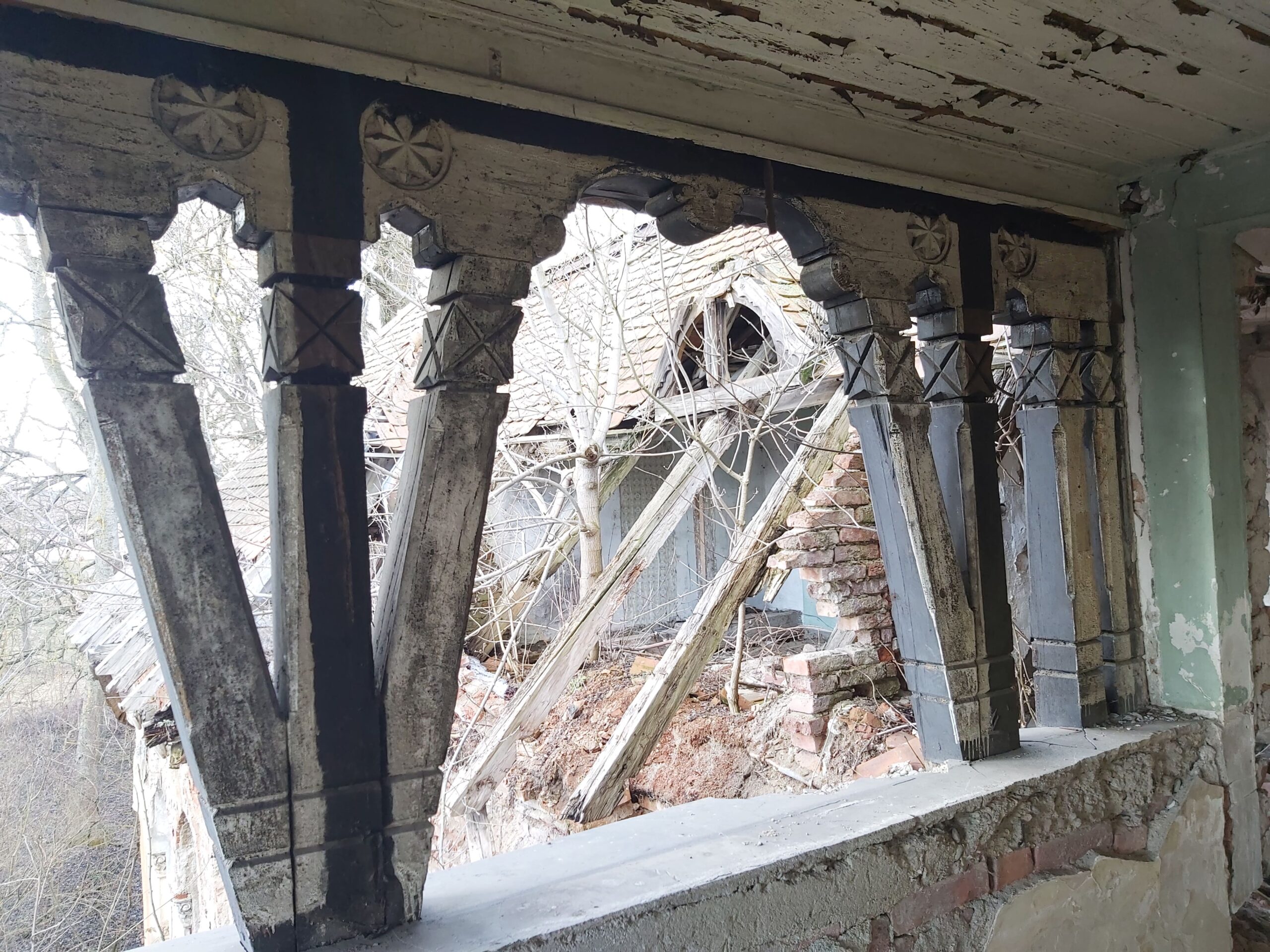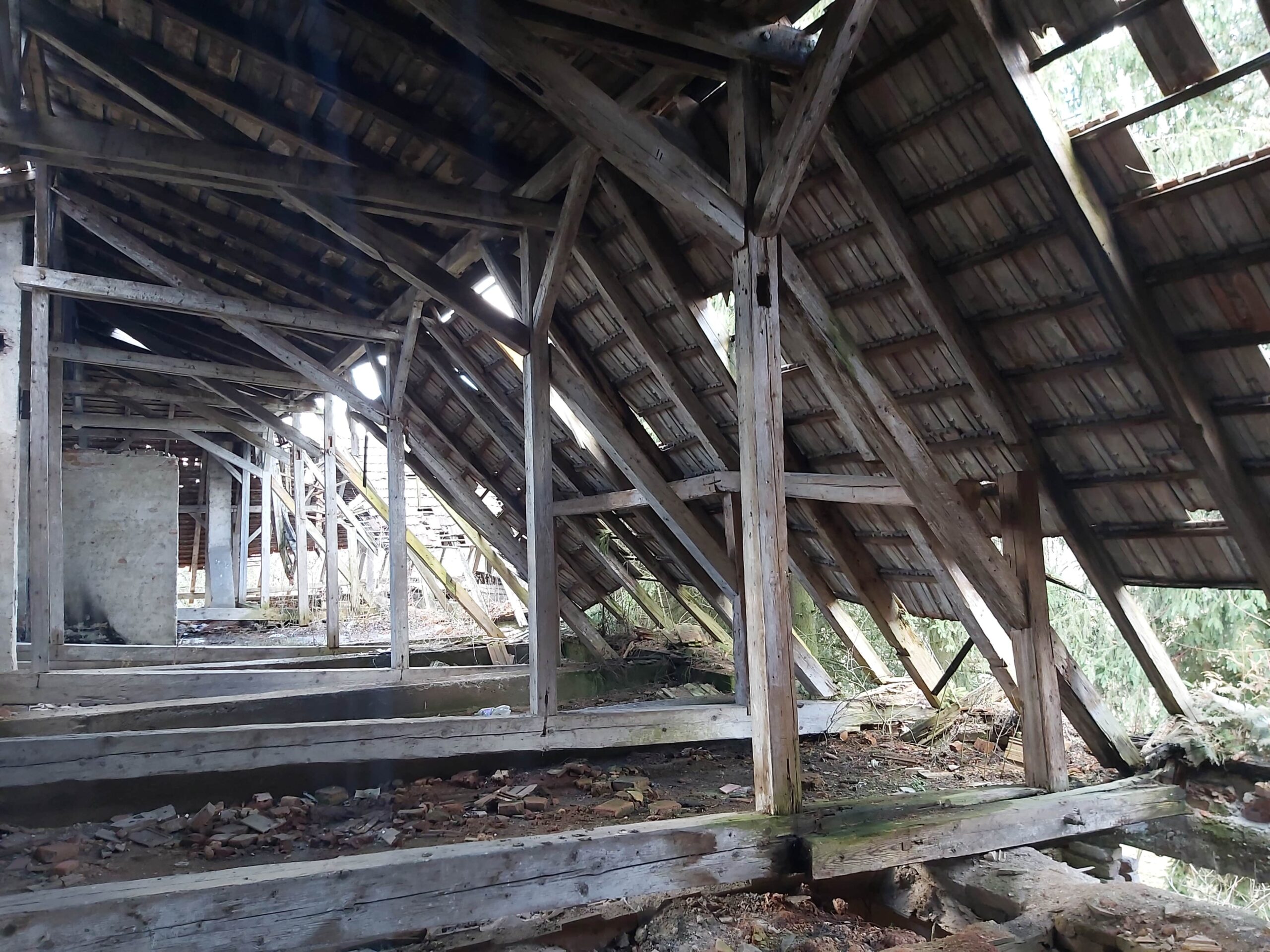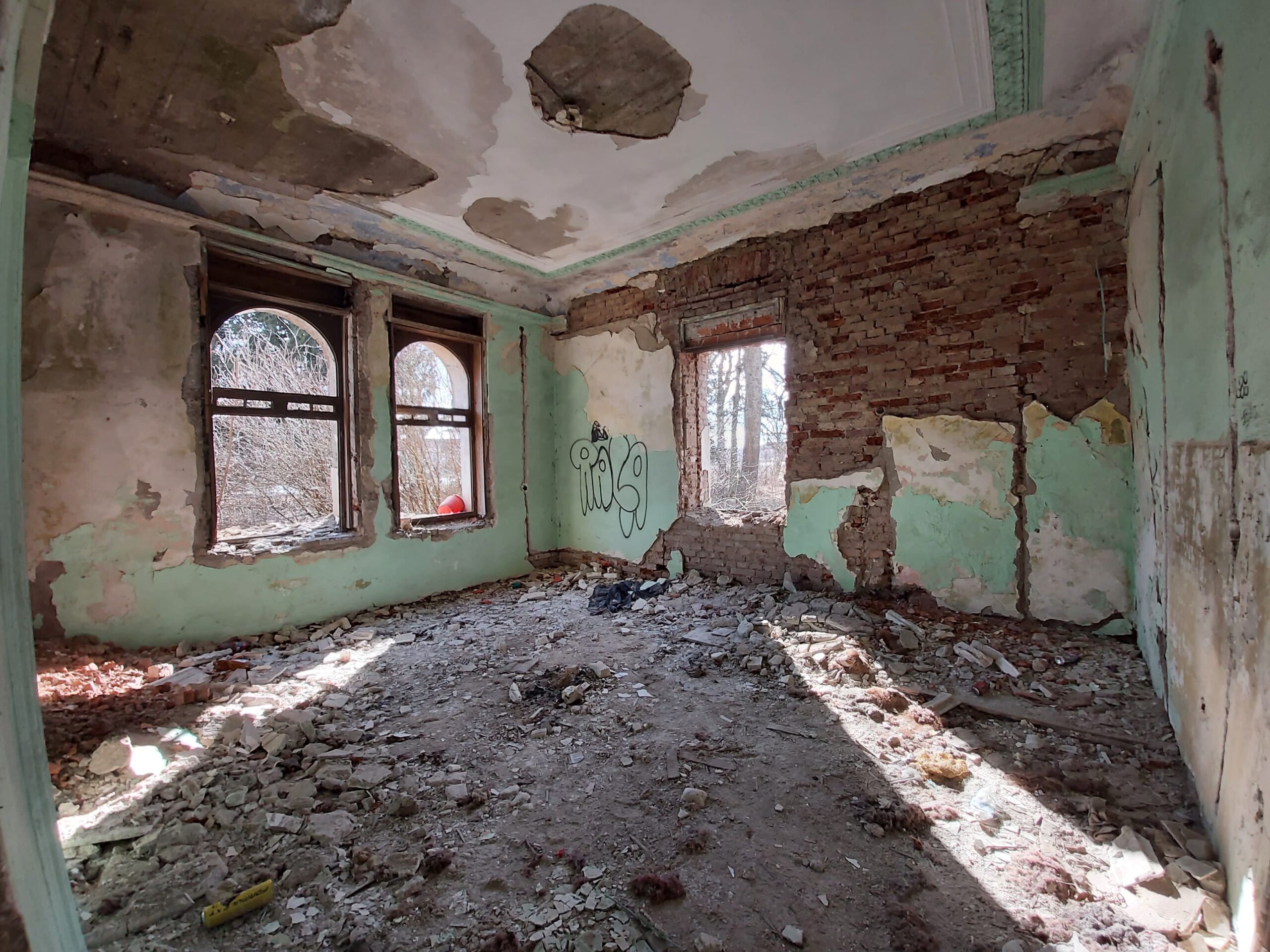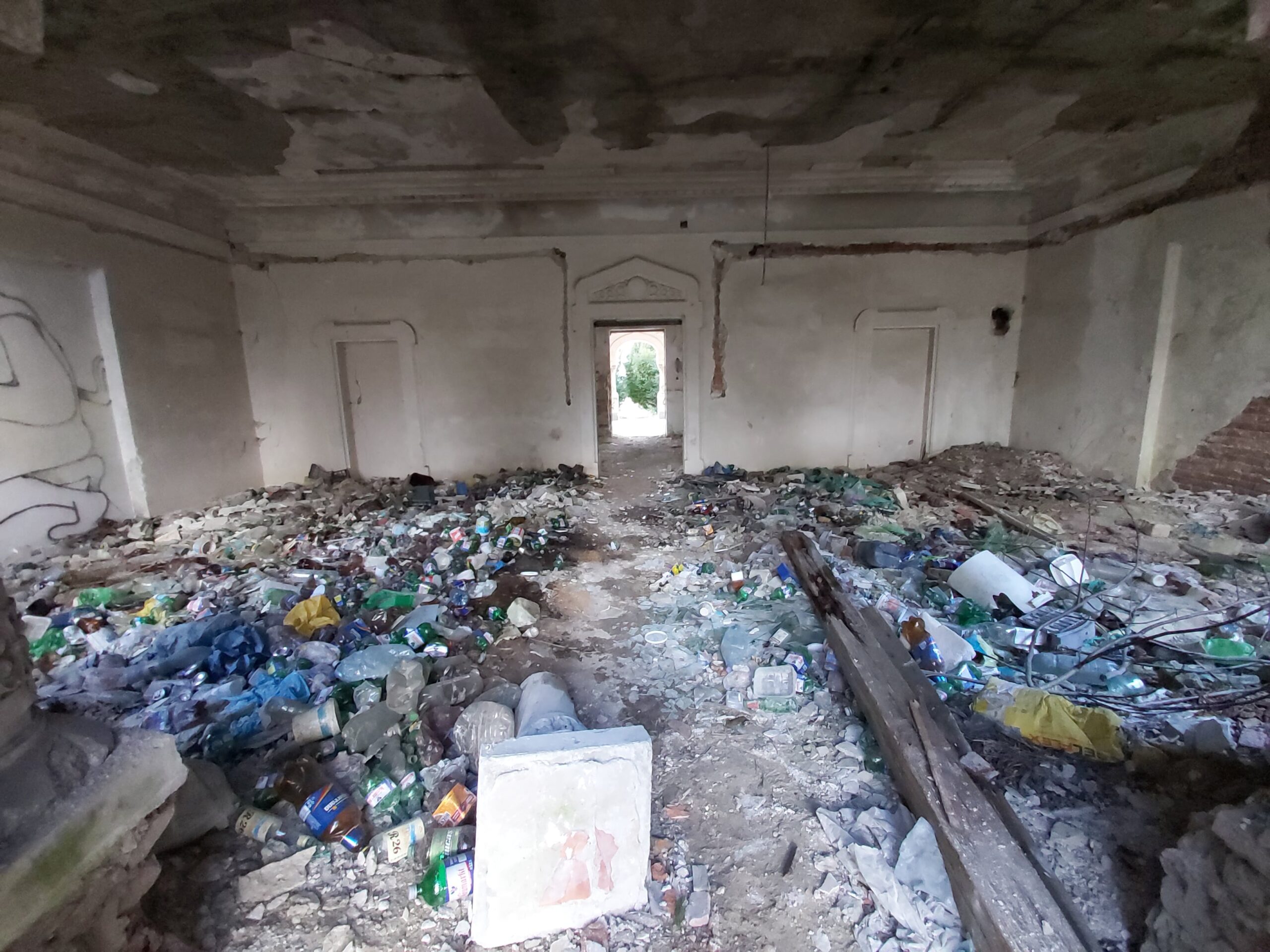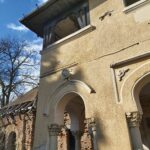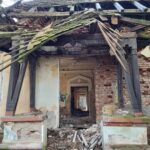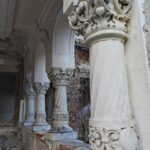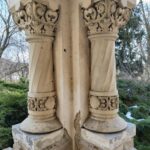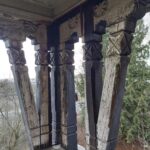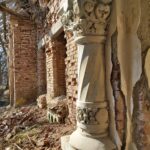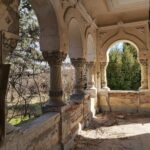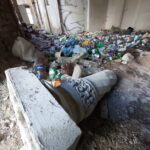Juc-Herghelie has a rich history of horse breeding
The story of the Juc-Herghelie estate begins at the end of the 19th century. Count Béla Wesselényi from Jibou founded a hunting association (1890) and later built a hunting castle near the railway station. Every summer’s end, the count moved his stud farm from Jibou here. He organised numerous hunting parties between September and November for the Transylvanian nobility. Educated in Cluj and Berlin, Count Wesselényi met his end in Jucu de Jos during a hunting party, falling dead from his horse following a stroke (October 20, 1904).
After the count’s death, the estate passed to his son-in-law, Count Arthúr Teleki de Szék. The hunting castle was remodeled according to the plans of the famous Hungarian architect István Medgyaszay in 1905. He is also associated with the theaters in Veszprém and Sopron, among many other works. The castle became the summer residence of the Teleki family. The tradition of autumn hunts was interrupted by World War I, but was later revived for a short period by Count Miklós Bánffy (1940-1943). Until the communist nationalization of 1948, the royal stud farm continued to operate in the Jucu area, enriched with thoroughbred furioso-north star horses brought from Mezőhegyes.
Teleki Castle: renovation through public-private partnership?
After the fall of the communist regime, the Jucu stud farm, renowned globally for its racehorses, took a demotion. However, the equestrian base was saved in the 2000s through a Romanian-Norwegian private partnership. Unfortunately, the former summer residence of the Teleki family did not share this fate. By a government decree, the castle, long used by the Research and Development Station in Jucu, came into the possession of the University of Agricultural Sciences and Veterinary Medicine of Cluj-Napoca (USAMV) in 2004.
The USAMV leadership included the castle in an investment plan for its rehabilitation and transformation into a training center. Unfortunately, the effects of the 2008 financial crisis disrupted all plans. At the same time, the local authorities in Jucu expressed interest in taking over the estate owned by USAMV, intending to rehabilitate the building through a public-private partnership. According to a 2014 report, the estimated renovation cost was about 1 million euros, but these grand ideas have not materialized to this day.
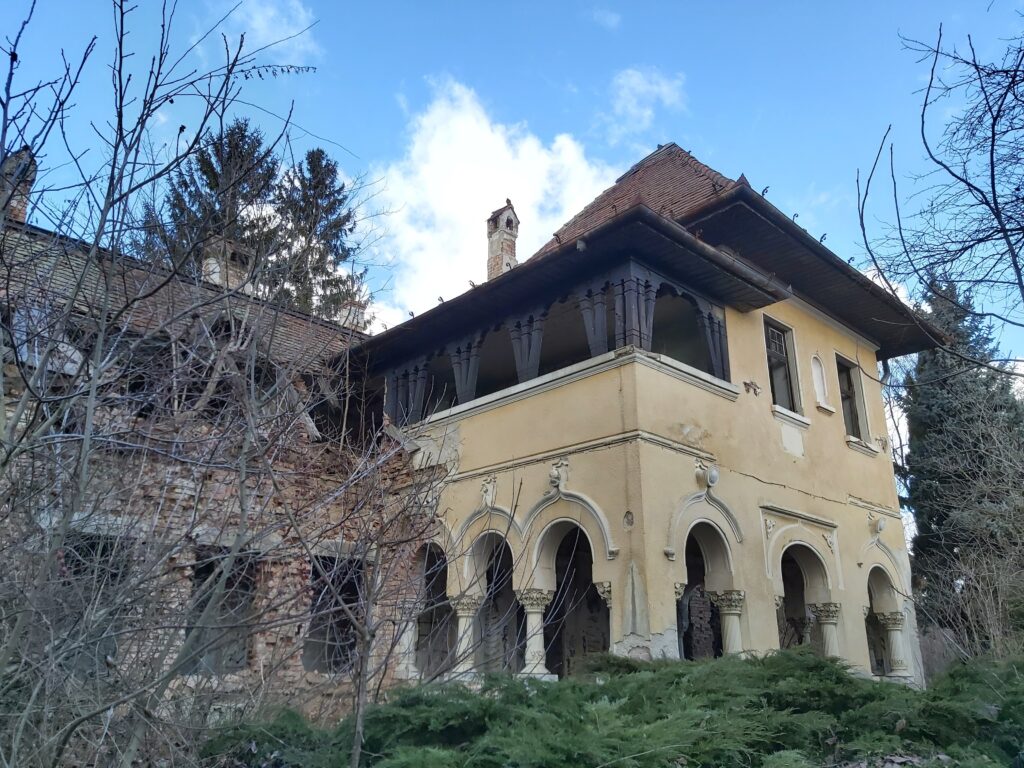
With rehabilitation plans being disrupted and no funding sources for the building’s salvation, Teleki Castle in Juc-Herghelie deteriorates with each passing season. Heaps of garbage make their way between the weakened walls, now without windows and doors. Only the elegant arches and a few old trees from the adjacent park remind us of the good old days…

